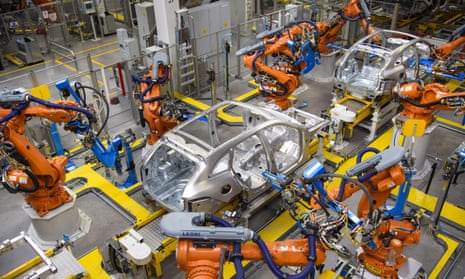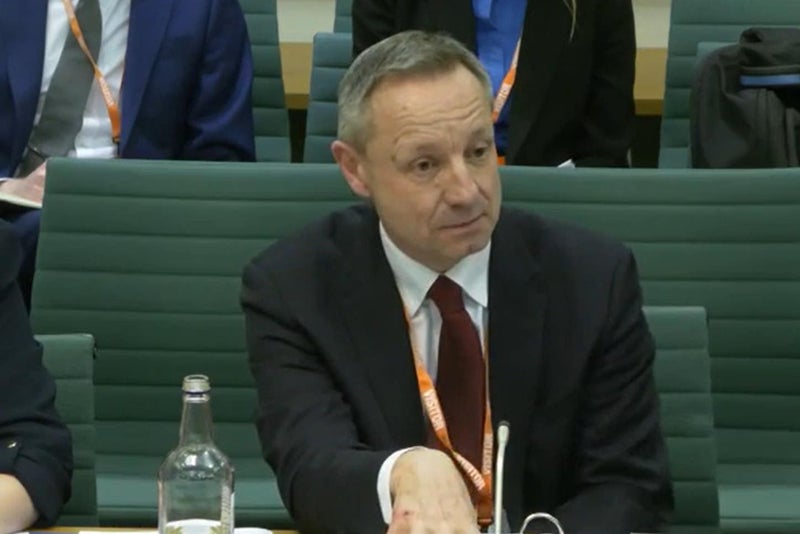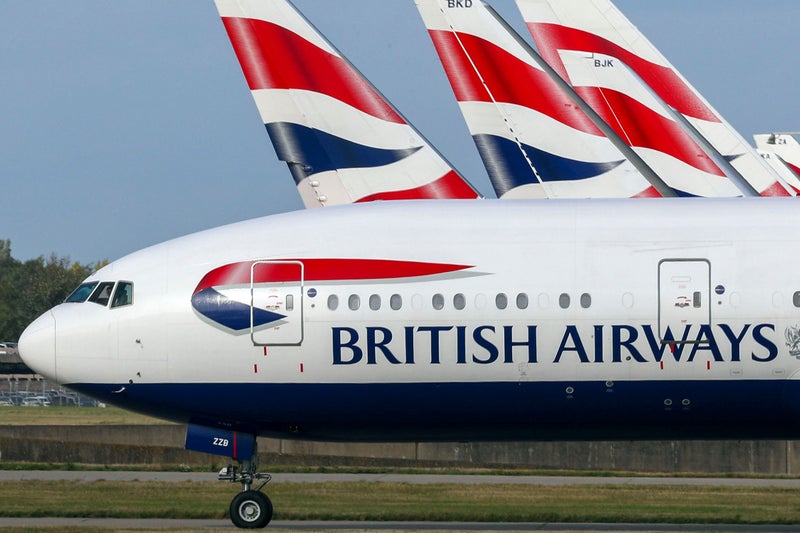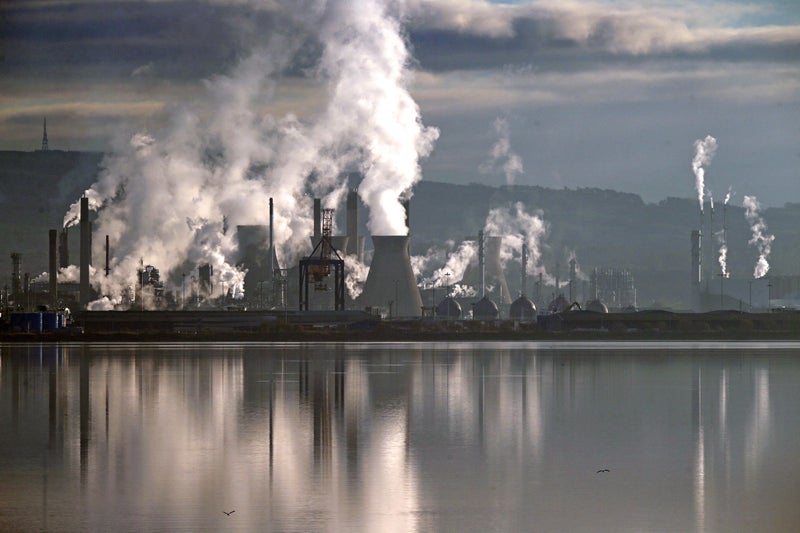Why the UK economy is stubbornly flatlining
Share:
Services and construction are growing, says Howard Mustoe. So why is UK plc stagnating?. Britain’s economy is almost flatlining, having grown just 0.1 per cent in November following two months of shrinking. While most sectors of the economy grew, such as construction and services including retail and hospitality, production slumped by 0.4 per cent, led by a fall in manufacturing, according to the Office for National Statistics.
![[There are fears for hundreds of jobs at Grangemouth oil refinery, also owned by Ineos, which is set to close this year (PA)]](https://static.independent.co.uk/2024/12/06/14/7eb30f1553da1ff080000dd2aaa2f383Y29udGVudHNlYXJjaGFwaSwxNzMzNTgyMzMx-2.77439786.jpg)
The production of pharmaceutical products, paper, machinery and food products all fell, adding to the decline, the stats said. Rising energy prices and other high costs have made the UK uncompetitive for factories and industry has been shrinking slowly for some time. Between 1960 and 2015, manufacturing employment in the UK fell by more than 0.4 per cent per year, according to the IMF.
![[Tata Steel’s Port Talbot steelworks in south Wales, one of the UK’s two large primary steel makers (Ben Birchall/PA)]](https://static.independent.co.uk/2024/12/18/22/5da1e4f2f84b091e2291f00846075761Y29udGVudHNlYXJjaGFwaSwxNzM0NjA4NTMw-2.76678563.jpg)
But there have been recent signs too. Today’s news comes days after a warning from Britain’s top industrialist and one of the country’s richest people, Sir Jim Ratcliffe, who said chemical manufacturing in the UK is facing “extinction”. Sir Jim spoke after Ineos, his firm, last week closed the last remaining synthetic ethanol plant in the UK; the chemical is used in medicine and cosmetics.
The Ineos chairman said: “We are witnessing the extinction of one of our major industries as chemical manufacture has the life squeezed out of it.”. Ineos said 10 large chemical plants in the UK have closed in the last five years with no new sites to replace them.






















